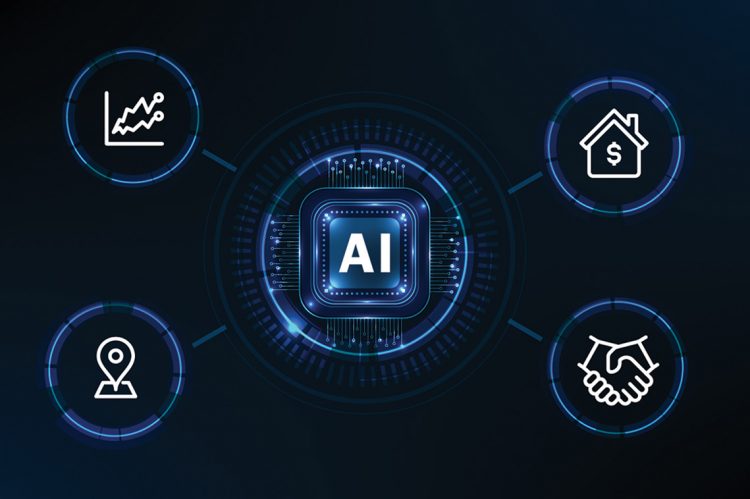Artificial intelligence is now part of our everyday lexicon, but remember, when we say AI, we’re talking about software—intelligent algorithms that learn and adapt within the framework developers allow. It’s not “artificial,” simply a powerful tool created by human hands.
AI falls into two broad categories. One examines behaviors and traits, adjusting its actions as input parameters change. The second does all this as well as self-correcting, updating and “learning” over time. This adaptability is its strength, but also its potential weakness.
As business leaders, one of our gravest concerns is the potential for AI to act in ways that could jeopardize our brand image, leaving us morally or legally liable. Integrating AI into our operations requires trust, but AI can change and shift its interface unpredictably, with no guarantee to consistently align with any corporate values or mission. Companies work hard to hire employees that fit their core values and mission. This same diligence isn’t always being applied to AI, which potentially poses great danger.
Furthermore, AI is only as good as the data points you feed it, and it may not always have the latest and most accurate information. Plus, the prospect of AI replacing jobs, mainly knowledge-based jobs, is a reality that we all must face. While real estate is a relationship-driven business, AI will profoundly change our industry. We need to help AI steer the right course.
For example, AI can be a valuable assistant. It can automate mundane tasks, personalize customer experiences in ways that are too costly or time-consuming for humans and enhance consumer engagement. However, AI is not a replacement for the human touch, but rather, a tool to supplement our work.
AI has found a comfortable home in our industry, helping us identify similar properties and popular options based on user activity—both uses we at Delta Media have been implementing successfully for years. However, the application of AI in areas like suggesting properties based on personal tastes or via chatbots is still murky territory. Real estate laws and regulations such as Fair Housing come into play here. If a person can’t do it, how could software be allowed to do it?
As for AI chatbots in real estate, we’ve always advocated empowering real estate firms to do what’s best for their business. That’s true for all data-driven decisions, whether human or AI-created.
The AI revolution is in full swing. It took Netflix three and a half years to reach 1 million users; it took ChatGPT five days. It’s not without risks, but the rewards can be significant with responsible AI. At a time of rapid change, we must proactively address ethical and regulatory challenges as we harness AI’s potential. It’s up to industry leaders to ensure this revolution grows in the right direction.
Delta is 100% family-owned and operated. For more information, visit https://www.deltamediagroup.com.












